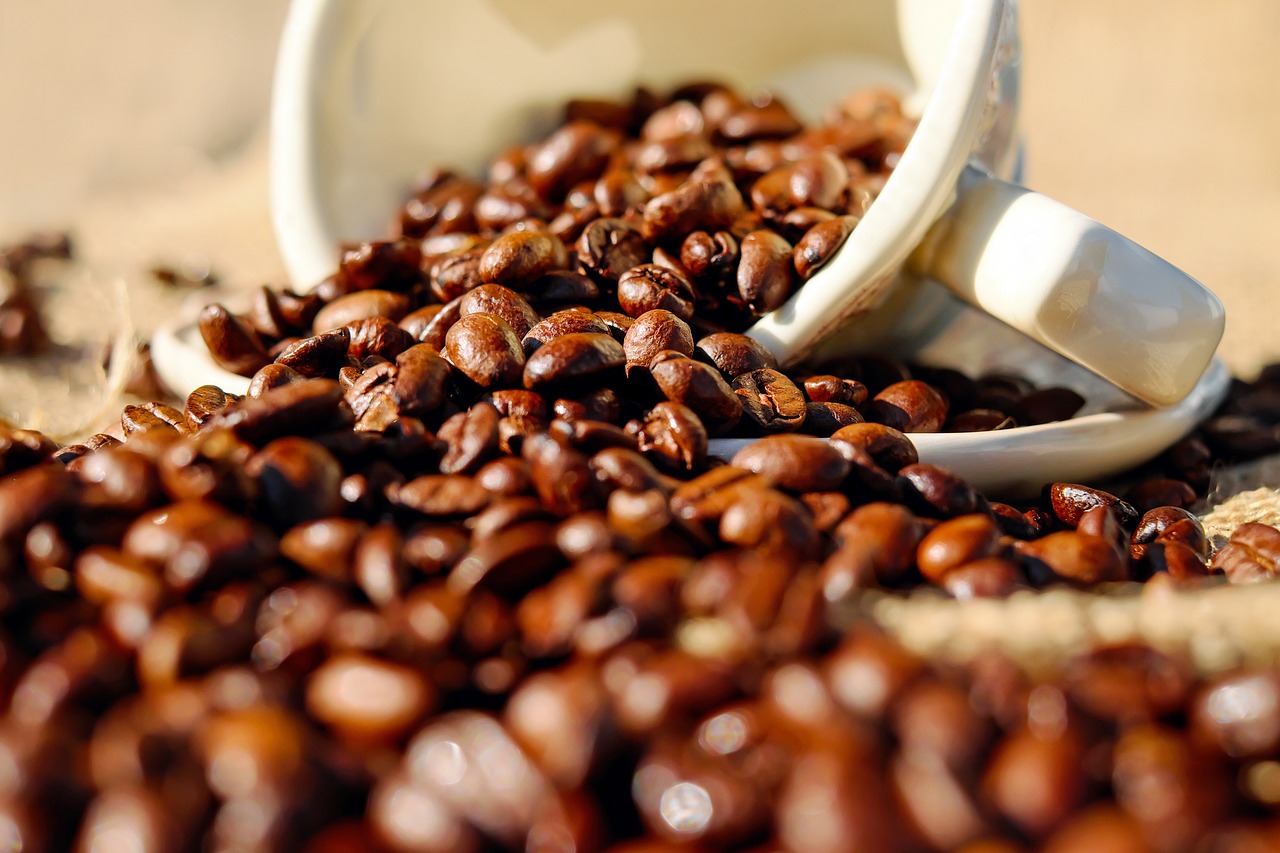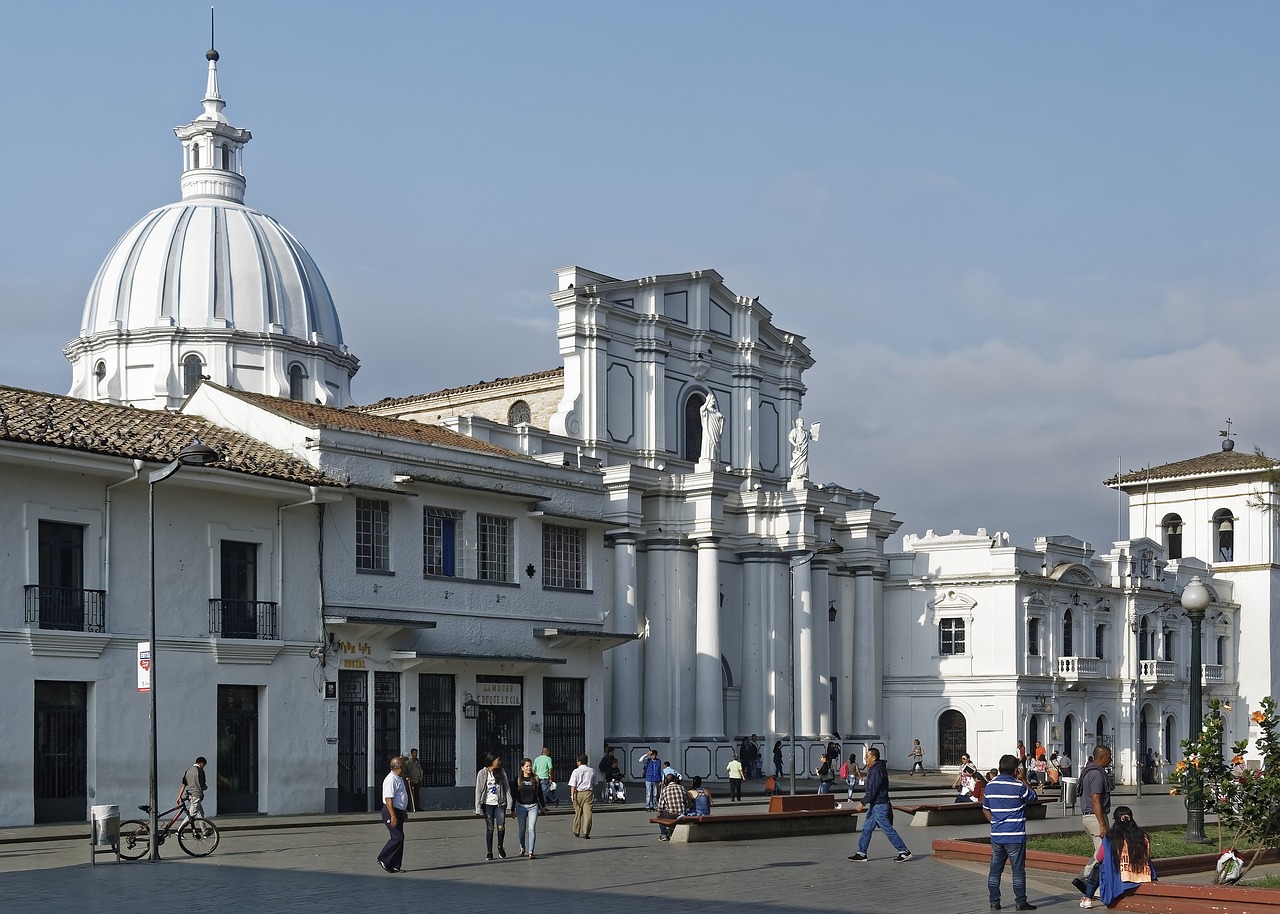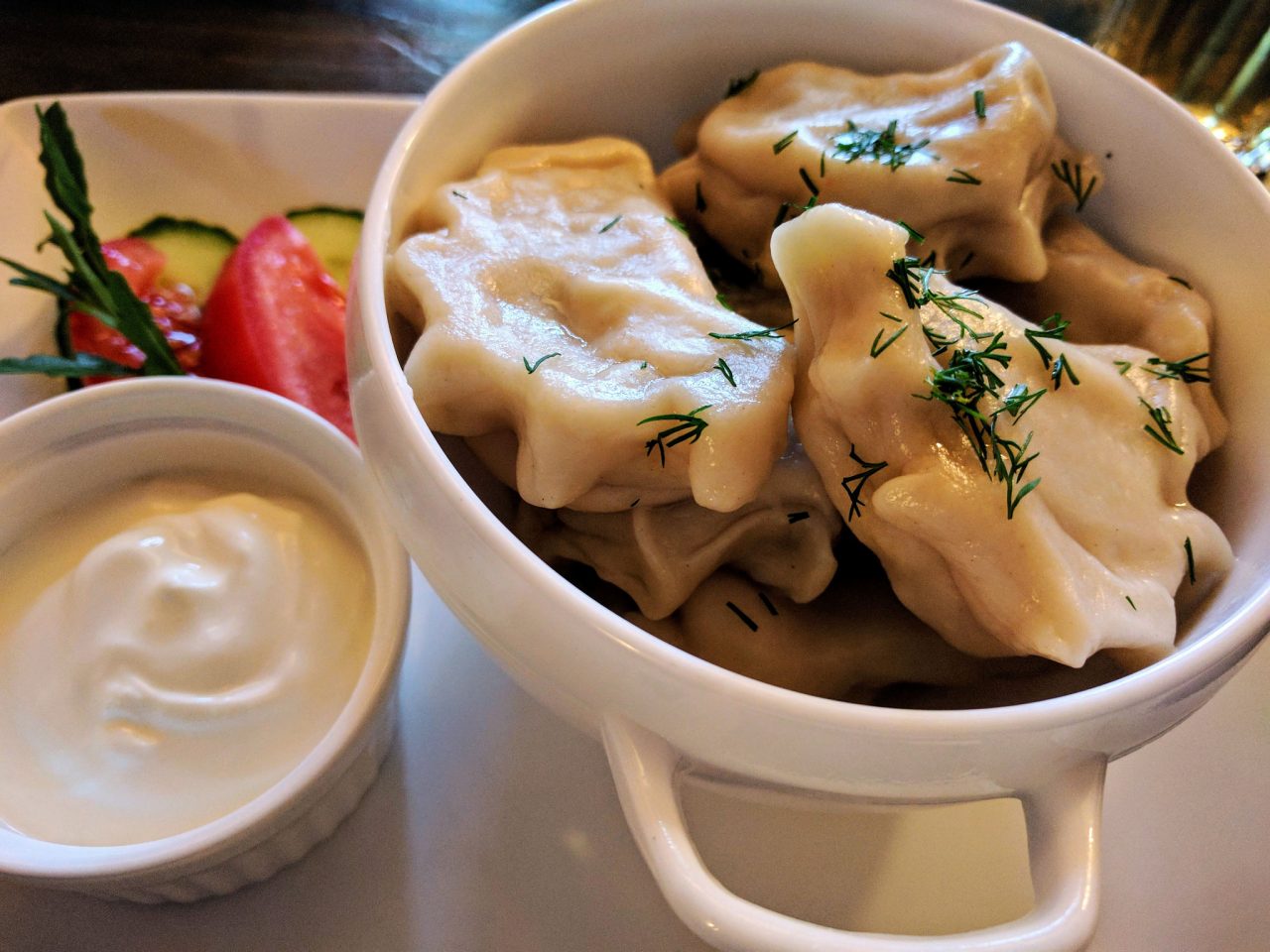Experience Colombian Coffee in Popayán
Colombian coffee is world renowned. Learn how to find to the good stuff and veer off the Gringo Trail with an authentic coffee farm tour
If you travel around Colombia assuming the coffee will be great, you will be gravely disappointed. Unfortunately, Colombia exports most of the good stuff and you’ll be hard-pressed to avoid NesCafe for the duration of your trip. That’s not to say there isn’t terrific coffee served all over Colombia but you will usually need to seek it out.
Most travellers to Colombia head to the Zona Cafetera (Coffee Zone) if they want to tour a coffee farm. UNESCO recognized Popayan as a World Heritage site. The region has a reasonably developed tourist infrastructure and encompasses three small departments of Caldas, Risaralda and Quindío. (In Colombia, departments are country subdivisions, similar to states or provinces.) You don’t have to visit the Zona Cafetera to experience Colombia’s coffee traditions. Depending on the source, 19 to 30 of Colombia’s 32 departments grow coffee commercially.
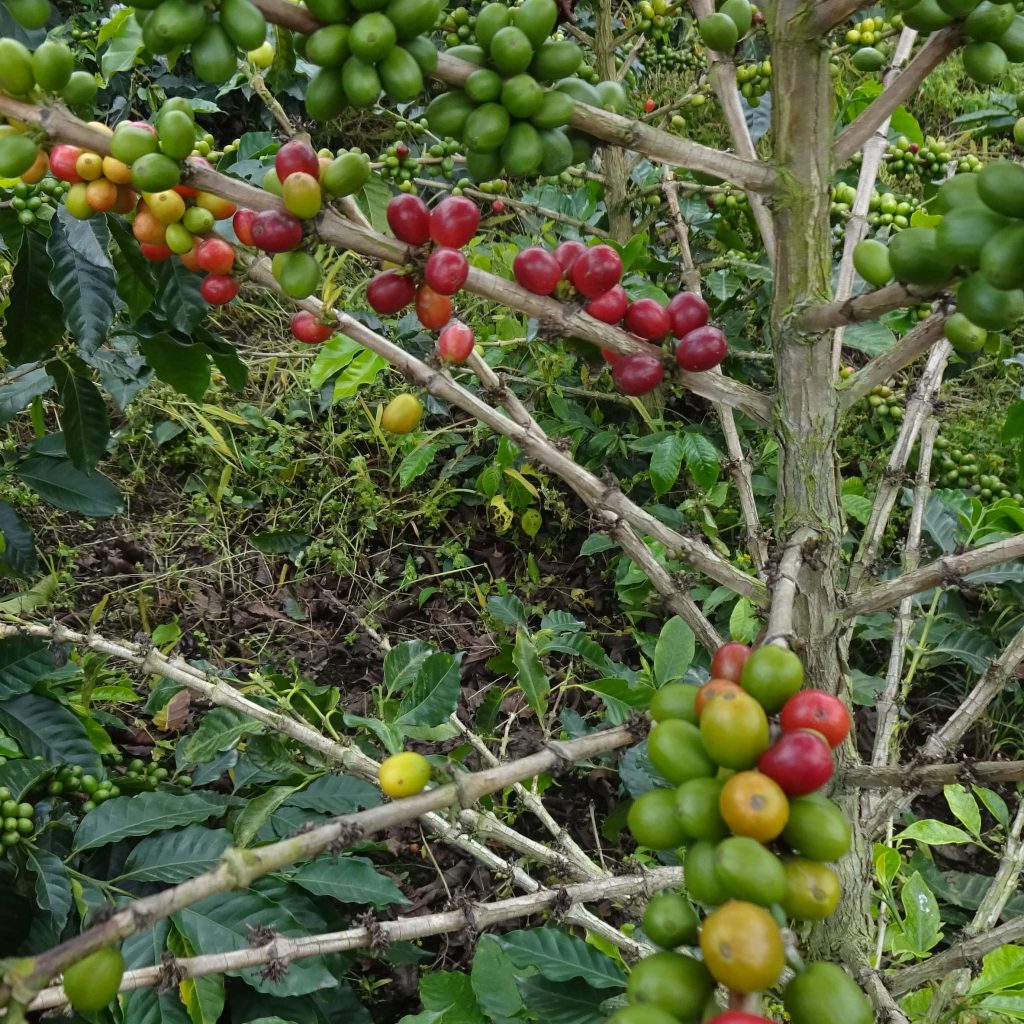
The department of Cauca has two unique areas of coffee cultivation. The Caucana Plateau’s unique geography produces a microclimate that produces particularly well-balanced coffee. The plateau is located at 5900 feet (4300 and 4900ft is typical) and is surrounded by the Central and Western Cordilleras (ranges of the Andes Mountains). This geography produces pronounced differences in daytime and nighttime temperatures. Low night-time temperatures associated with relatively high altitudes impact the coffee ripening and produce a sweeter coffee. A second region around Volcano Purace has increased level of sulphur in the soil, related to the composition of erupting lava. Here, sulphur in the soil interacts with natural sugars in the coffee plants to produce a distinctive caramel aroma, prized by expert tasters.
In Popayán, Head straight to Togoima Café Ancestral (formerly called Oromo Café Ritual Carrera 5 # 3-34). This gem of a café has a handful of well-trained baristas serving juices, tea, and espresso drinks. But the highlight of this café is their “ritual” coffee preparations. Choose between Chemex, Siphon, or single serving Dripper prepared at your table. The baristas are so serious about their craft, they have developed very specific methods of preparation specific to different combinations of single origin coffee and preparation method. For example, one coffee is ground 2/3 fine grind and 1/3 medium grind for the syphon preparation but at different sizes and proportions for other preparations. The end result is always an excellent cup of coffee. Plus you can visit over and over without ordering the same drink twice.
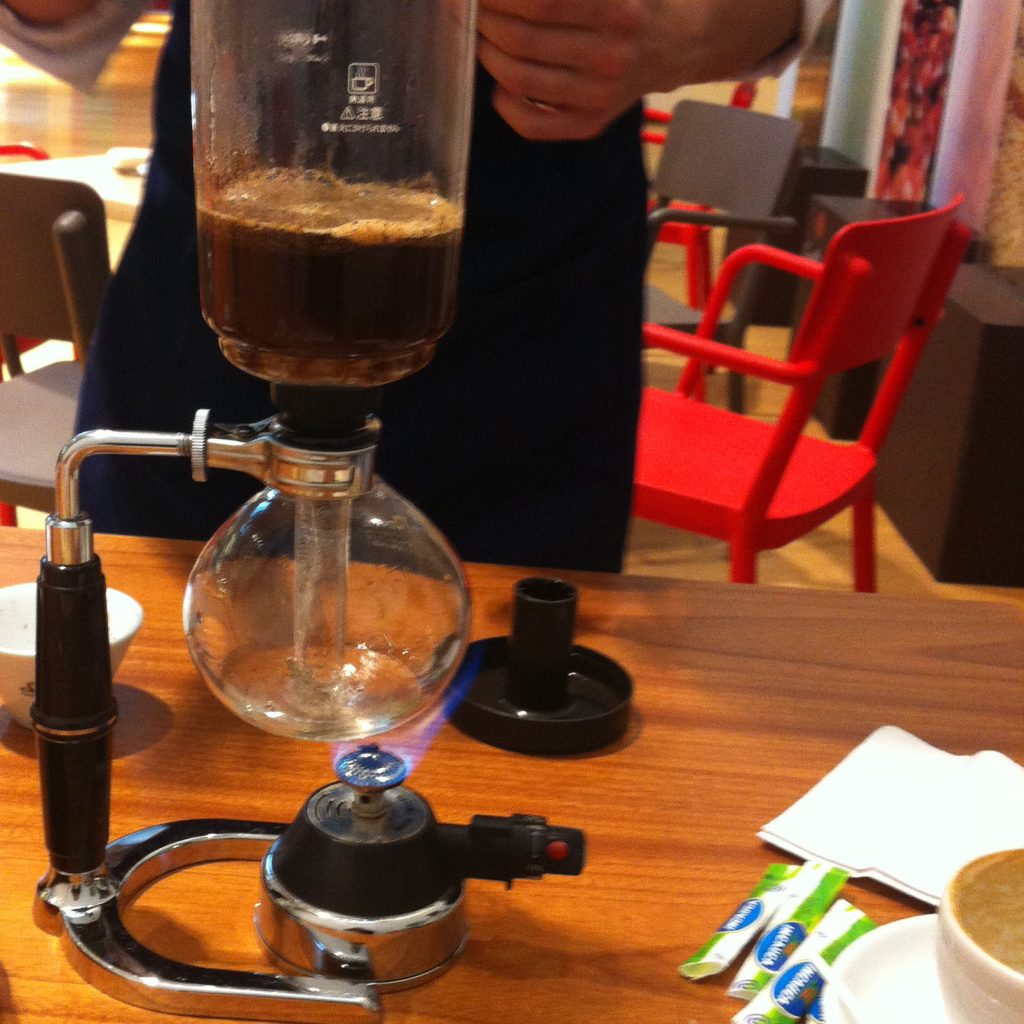
If your Spanish is good you can put the baristas to work asking about the different coffees available. If your Spanish isn’t so great, not to worry – just let them know if you’d like you coffee suave (smooth), mediano (medium), or fuerte (strong) and they’ll make a recommendation. Many of the coffees are local and many are single-origin or single-farm offerings.
Finally, if you want to visit a coffee finca, you can do so in many regions of Colombia. Outside the Coffee Triangle you are likely to have a more authentic experience of the local culture, but less tourist infrastructure. For example, in Popayán, the Bastidas Grijalba family offers tours of the La Catalina coffee finca, ten minutes drive from Popayán’s Historic Center. They have just begun developing tours of their finca in response to increased security in the region. On their property coffee fields are interspersed with the beautiful and diverse forest that may soon be recognized as a nature reserve. Father Carlos, son Santiago, and English-speaking daughter Catalina will guide you on a hike through their coffee finca showing different stages of coffee plant growth and different micro-environments en-route to their processing area. They are gradually modernizing their processing equipment, so visitors have an opportunity to see both older and newer methods for some steps in the process. At the end of the tour, participants can purchase CATA coffee at-cost. It is a great opportunity to purchase inexpensive, high-quality coffee for you or to give as gifts.
Coffee consumption and cultivation is deeply ingrained in Colombian culture. Most rural families grow and roast their own beans. Coffee is an opportunity for vegan and vegetarian travellers to share the culinary culture of Colombia.

